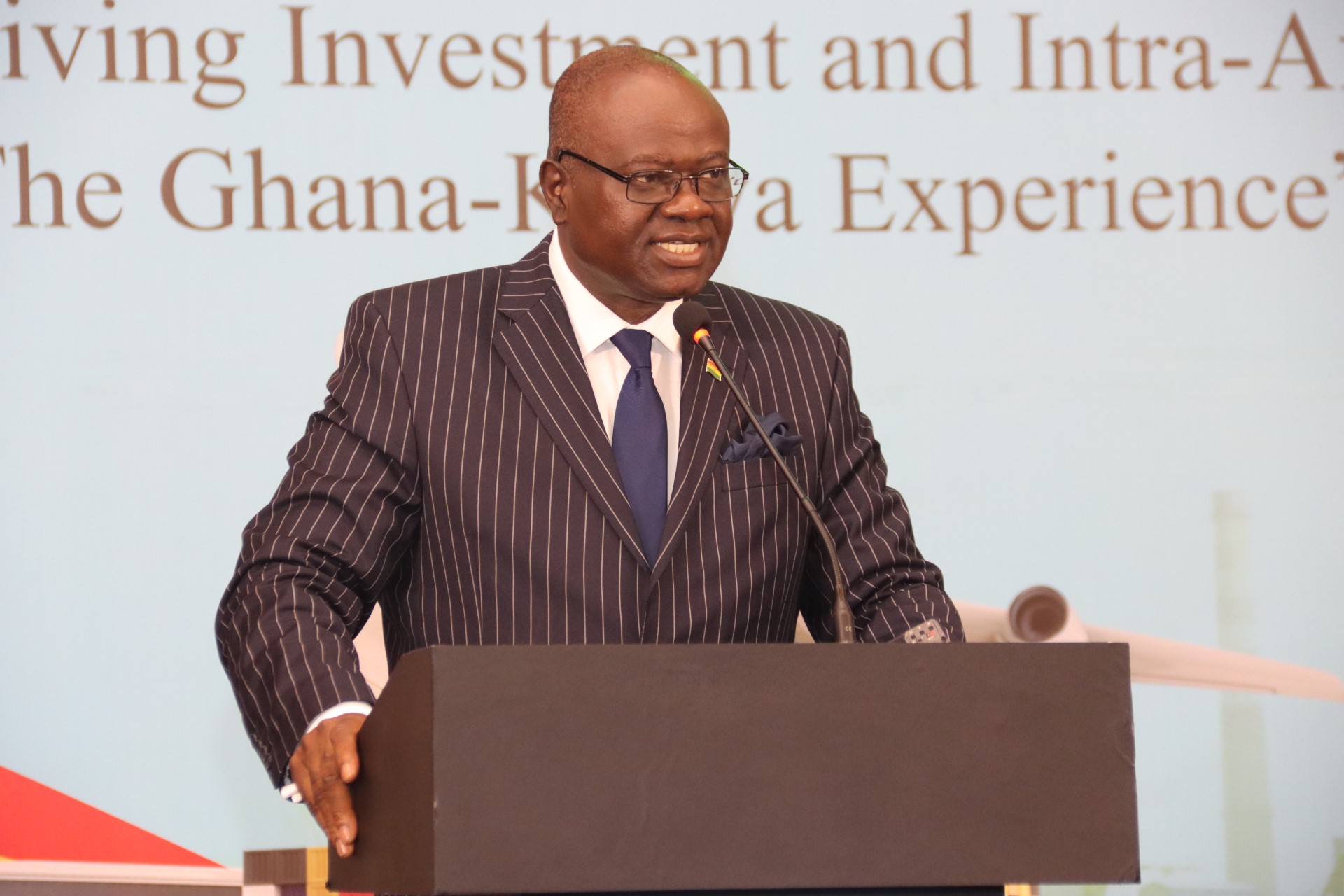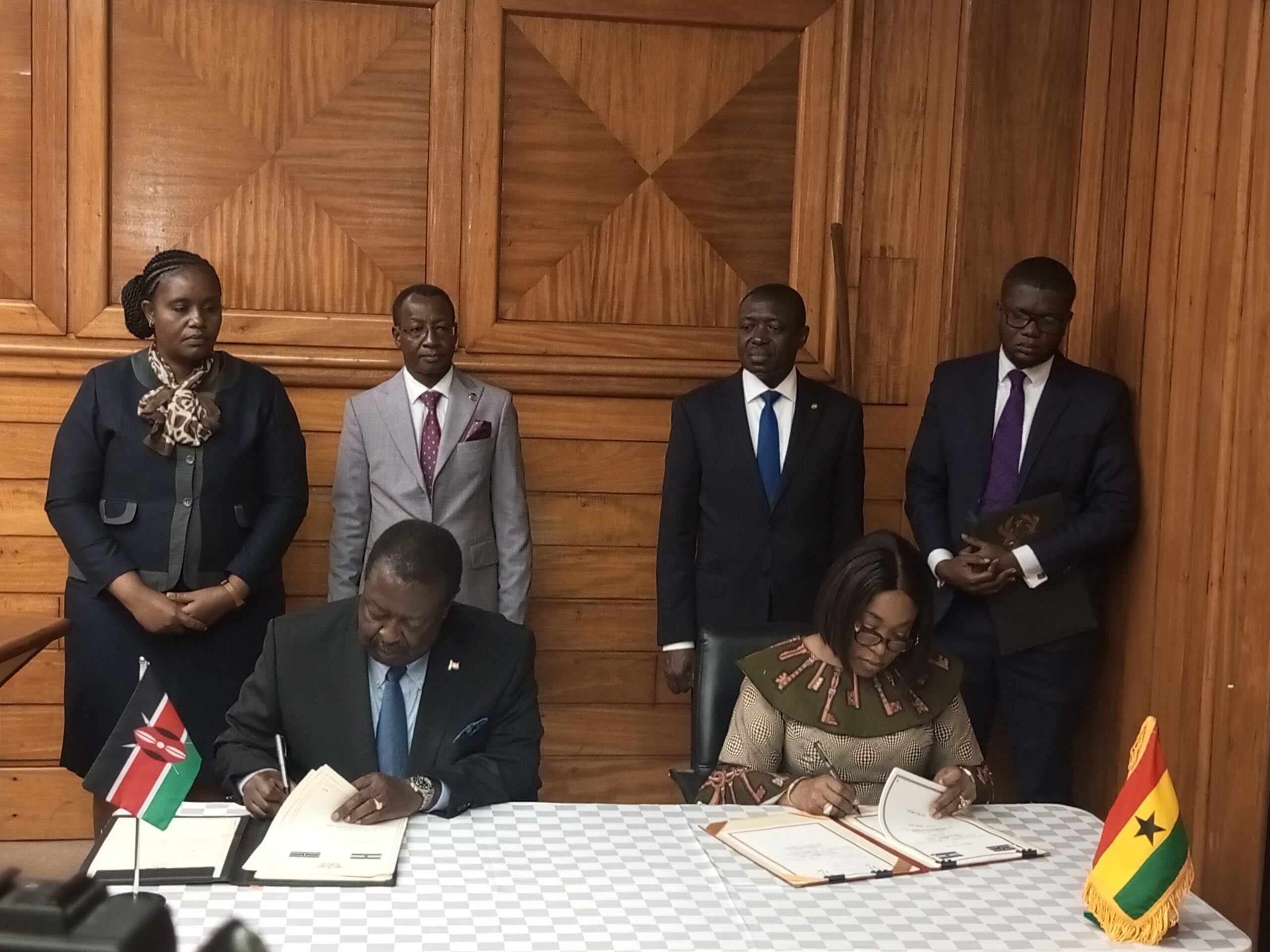
A three-day dissemination workshop on sustainable supply of varieties of improved seedlings for high yields in Africa has been held in Accra.
Dubbed, 2018 Club 10K Seed Companies Convening, it was organised by Alliance for Green Revolution in Africa (AGRA).
It had the theme; "Cracking the Early Generation Seed Code: Sustainable Solutions for Supply of Breeder and Foundation Seed in Africa."
Representatives from about 80 private AGRA-supported seeds producing companies from the continent including Ghana, Kenya, Tanzania, Nigeria participated in the event.
The Deputy Minister of Food and Agriculture, Kennedy Osei Nyarko said despite the key contribution of agriculture to Ghana's economy, thus employing 45 per cent of the population and contributing to about 21 per cent of Gross Domestic Product (GDP), the sector was plagued with many impediments.
Key amongst them, he said, were poor availability and access to quality agro-inputs such as certified seeds, fertiliser and crop protection, poor agronomic practices, high post harvest losses, limited access to agricultural financing.
In this regard, he stated that the government has prioritised the transformation of the sector through making improved seedlings, fertilisers and irrigation available to small holder farmers, mechanisation and agro-processing, extension services, road infrastructure and institutional coordination and collaboration.
The Minister said the Planting for Food and Jobs programme by government was to increase adoption of quality seeds of improved varieties, good agronomy practices and marketing of farm produce while strengthening systems that propels private sector participation in the agriculture sector.
Despite its successes, Mr Nyarko explained that the invasion of fall army worm in some parts of the country, limited rainfall in parts of Northern Savannah, unavailable farmer database to support effective targeting and monitoring and inadequate domestic supply of improved seeds adversely affected the first year of the programme.
Over the past few years, the establishment of the National Seed Council, enactment of the seed law, development of regulations for implementing the law, new national agricultural policy and the activities of domestic and foreign seed companies, were geared towards improving the country's ability to provide quality seed in commercial quantity for its major food crops, he added.
The Minister said strategic interventions including investment in research and breeding and improving the performance of the National Variety Release and Registration Committee to reduce the number of days it takes to register a variety and address the problem of fake seed.
He therefore urged participants to come out with strategies that would ensure that African farmers have access to affordable quality seeds, in right quantities for enhanced yields.
Vice President of AGRA, Joe DeVries, explained that despite the hard work of African farmers, the use of poor seeds for cultivation was responsible for low yields.
He said AGRA was currently in partnership with about 115 private seeds companies across the continent to produce large quantities of varieties and breeds for use by local farmers.
Of the number, 80, who were part of the workshop, were expected to develop a system to produce and distribute more that 10,000 seeds per year for African farmers, Mr DeVries added.
Read Full Story





















Facebook
Twitter
Pinterest
Instagram
Google+
YouTube
LinkedIn
RSS